
Egg donation is a process that provides individuals and couples with the opportunity to grow their families through the use of donor eggs (donor gamete).
In Australia, egg donation is governed by state and federal laws to ensure ethical practices and protect the rights of all parties involved, including the donor, recipient, and future offspring.
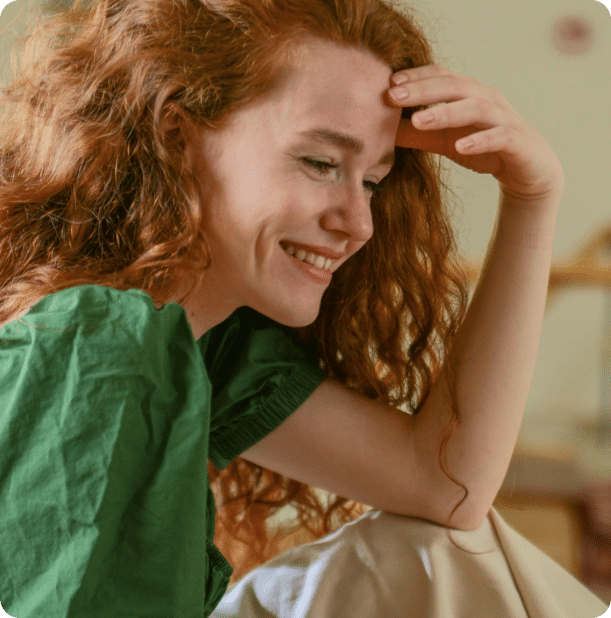
Donor eggs offer a valuable option for individuals and couples facing unique fertility challenges. Women experiencing egg quality issues, whether due to age-related decline or medical conditions, may turn to donor eggs to improve their chances of conception.
Additionally, couples concerned about passing on genetic disorders may choose donor eggs to reduce the risk of inherited conditions and increase the likelihood of a healthy pregnancy.

A suitable egg donor could be either someone you know (family or friends) or unknown to you. Unknown donors are screened by your fertility clinic
It’s important to consider what qualities you’re looking for in a donor, such as physical traits, ethnicity, and educational background. Whilst donor sources from a registry are de-identified initially, their details are accessible to offspring once they reach 18 years of age. This is in line with the current donor registry regulations.
For additional details about the donor process and legal regulations, visit:
Becoming an egg donor involves meeting specific criteria to ensure the safety and well-being of all parties, including the donor, recipient and any resulting children.
Here are the key requirements:
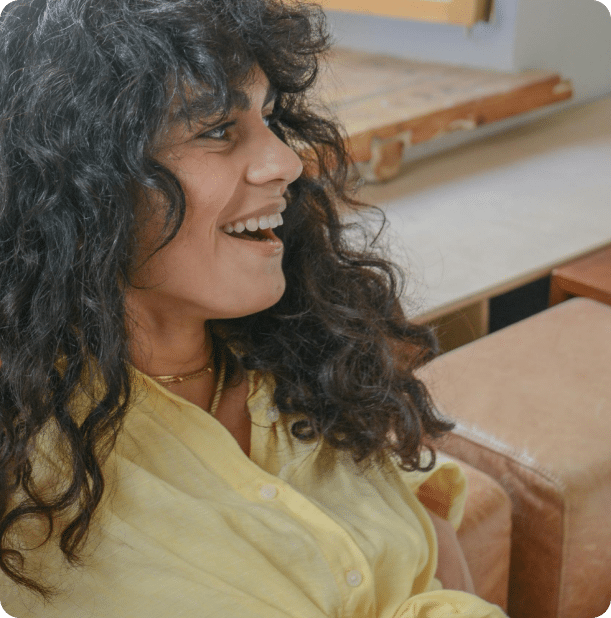
Donors must be legal adults, typically between 18 and 35 years old, as this age range is associated with higher egg quality.Those older than 35 may still donate to a friend or family member, provided the recipient understands the potential impact of age on pregnancy success.
Donors need to be open to medical tests and screenings, so it’s important to be in good physical and mental health. Genetic testing includes screening for genetic conditions and blood tests for infectious diseases must be repeated six months after the initial tests to ensure accuracy.
Donors must provide a complete medical history, including details about their family’s health, sexual/reproductive history, substance use, and psychological history.
Donors need to provide some identifying information to the NSW Health Central Register, allowing donor-conceived children to access identifying information when they reach 18 (or 16 in Western Australia).
Donors meet with a fertility specialist to review their medical and reproductive history and attend an educational session with an IVF nurse. Counselling sessions with an ANZICA-accredited counsellor are required to discuss the emotional, ethical, and legal implications of egg donation.
Donors must provide formal identification (e.g., Medicare card, driver’s license, or passport). Informed consent is required for: the egg donation process, storing identifying and non-identifying information in a donor register and allowing donor-conceived individuals to access identifying information when they reach 18 (or 16 in Western Australia).
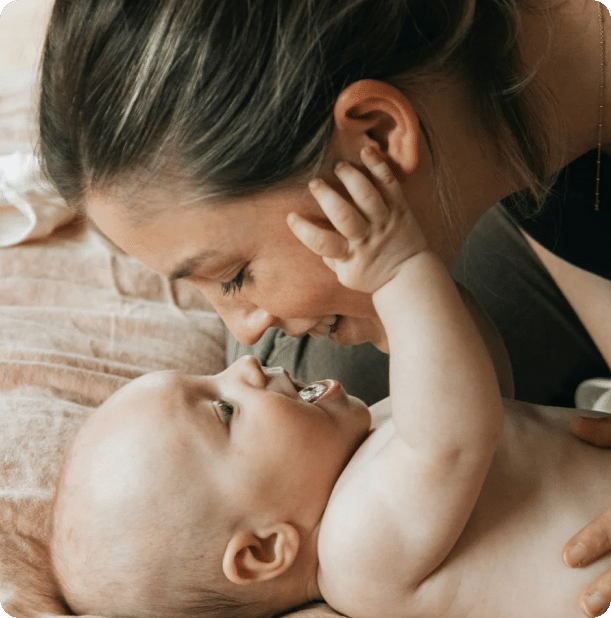
In New South Wales, there are specific laws and regulations around egg donation:
The egg donation process involves several key steps designed to ensure a safe and ethical outcome for both the recipient and the donor. Here’s an overview of what’s involved:
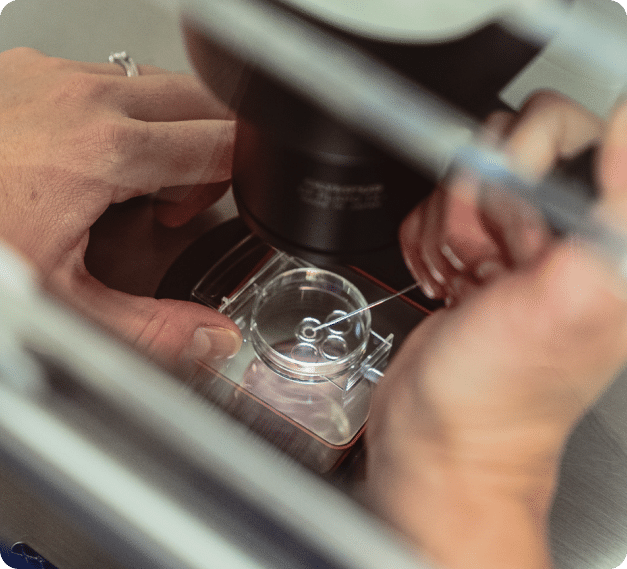
The donor takes prescribed medications to stimulate her ovaries to produce multiple eggs. The eggs are then collected through a minor surgical procedure known as egg retrieval or egg collection.
The retrieved eggs are fertilized in an IVF laboratory using sperm from the recipient’s male partner or, in the case of single women or same-sex couples, donor sperm. The fertilised eggs develop into embryos.
A suitable embryo is selected and transferred into the uterus of the recipient. In some cases, a surrogate may carry the pregnancy. Any remaining embryos can be frozen and stored for future use.

Health screenings and tests are required for both the egg donor and the recipient to ensure medical suitability and optimise the chances of a successful outcome.
Counselling
Many clinics recommend or require counselling sessions for both the donor and recipient to provide emotional support and help all parties understand the psychological and ethical aspects of the process.
Egg Collection Procedure
The process of retrieving eggs from the donor incurs medical and procedural costs, including medications and surgical intervention.
Medicare Rebates (Australia)
If a medical issue, such as infertility, is affecting the recipient, Medicare may provide some rebates for fertility treatments, potentially reducing the overall cost.
These considerations highlight the financial planning involved in using donor eggs, as well
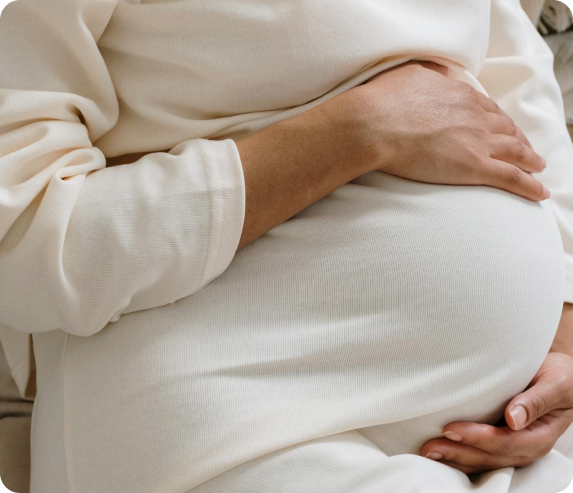
In general, younger donors (typically under 35) tend to provide higher quality eggs, which can lead to better chances of successful fertilisation and pregnancy. This is because younger eggs are typically healthier and more viable.
High-quality embryos are more likely to implant successfully in the uterus, leading to a healthy pregnancy. Factors like the fertilisation method, egg quality, and the overall health of the recipient can all influence embryo quality.

Regardless of your reasoning for looking into Egg Donation, the most important thing is to ensure that you have all of the information you need to make informed choices when growing your family.
Egg Donation can feel overwhelming with all of the rules and regulations however, be reassured that I have extensive experience with Donor Gamates in Sydney and can guide you to a fertility path that works for you.
Egg donors undergo thorough medical and genetic screening to ensure they are healthy and suitable candidates. Donors may be anonymous or known individuals.
The success rates of donor egg IVF are higher than standard IVF, especially for women with low ovarian reserve or advanced maternal age. Success depends on the donor’s age and egg quality.
The cost of using donor eggs varies but generally ranges from $10,000 to $20,000, including medical, legal, and procedural fees.
The process involves matching with a donor, egg retrieval, fertilization with sperm, and embryo transfer to the recipient’s uterus.
Individuals or couples who have diminished ovarian reserve, premature ovarian insufficiency, or genetic conditions may consider using donor eggs.
Egg donors in Australia have no legal parental rights. Strict regulations ensure ethical and informed consent for all parties involved.
Recipients can choose donors based on medical history, genetic compatibility, and physical characteristics. Fertility clinics facilitate this process.